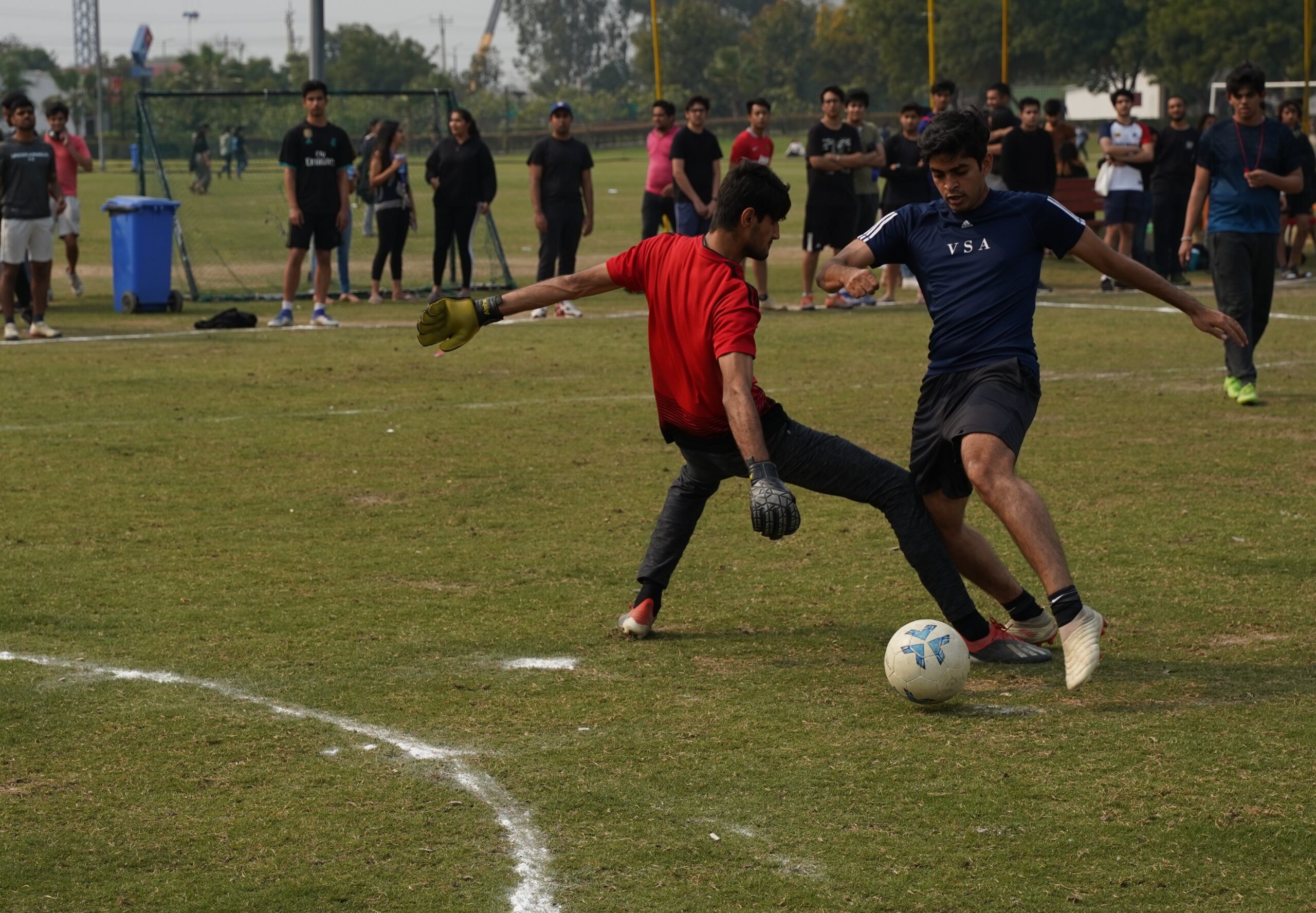Coaching Tips For Football Coaches!!!!
Are you a football coach looking for ways to improve your coaching skills? Whether you’re just starting or have been in the game for years, there’s always room for improvement. Coaching is not only about teaching strategies and techniques; it’s also about building relationships with your players and guiding them toward success both on and off the field. In this blog post, we’ll provide you with 5 valuable tips that will help take your coaching abilities to the next level. So let’s get started!
Know Each One Of Your Players
As a football coach, it’s crucial to know and understand each of your players as individuals. The more you understand their personalities, strengths, weaknesses, and motivations, the better equipped you will be to tailor your coaching style to fit each player’s needs.
One way to get to know your players is by holding one-on-one meetings with them throughout the season. Ask questions about their personal goals for the season and what they hope to achieve on the field. This will not only help you get a sense of what motivates them but also allow them to share any concerns or challenges they may be facing.
Another important aspect of getting to know your players is observing how they interact with others on the team during practice and games. Pay attention to those who work well together and who may need extra encouragement or support from you as their coach.
By taking the time to get to know each of your players individually, you’ll be able to build stronger relationships with them which can lead not only lead toward success but also create a positive environment that fosters growth both on and off the field.
Prepare
One of the keys to becoming a successful football coach is being prepared. Preparation goes beyond just knowing the playbook or practicing drills, it involves having a plan for every aspect of your team’s performance. Here are some tips on how you can prepare effectively:
Firstly, take time to review films from previous games and analyze your opponents’ strengths and weaknesses. This will help you create game plans that cater to your players’ skills while exploiting any potential weaknesses in the opposing team.
Secondly, ensure that all necessary equipment is ready and available before each practice or game. This includes making sure helmets fit properly, pads are secure, balls are inflated to regulation size and any other required gear is readily available.
Thirdly, establish clear goals and objectives for each practice session so that everyone knows what they should be working towards. Make sure these goals align with overall season objectives.
Always have backup plans in place in case something unexpected happens during a game or practice session. Being adaptable will make you better equipped to handle unforeseen challenges.
Dedicating time to preparation both on-and-off the field means a greater chance of success as well as building trust with players who know their coach has taken care of everything leading up to kick-off!
Lean On Other Coaches
As a football coach, you may often feel like you’re on an island. However, leaning on other coaches can be one of the most valuable resources available to you. Whether it’s talking Xs and Os or discussing how to handle a difficult player, having peers who understand your situation can make all the difference.
One way to connect with other coaches is by attending clinics or conferences. These events provide opportunities for networking and learning from others in the coaching community. You may even find yourself connecting with someone who becomes a mentor or friend.
Another great resource for leaning on other coaches is social media. Joining coaching-specific groups online allows you to ask questions and get advice from coaches all over the world. Just remember that not everything online is true, so always take what you read with a grain of salt.
Don’t forget about the power of local connections. Reach out to high school or youth league coaches in your area and see if they’d be willing to grab a coffee or chat on the phone about their experiences. Building relationships within your community can help create a support system that extends beyond just football.
In short, never underestimate the value of having fellow coaches as allies in this challenging profession. By leaning on each other for support, knowledge, and guidance we are better able to serve our players both on and off the field!
Role Model Behavior
As a football coach, you are not only responsible for teaching your players about the game but also for modeling positive behavior on and off the field. Your role as a coach extends beyond just coaching strategies and techniques. You must exemplify the values that you want your players to adopt.
One of the most important aspects of being a good role model is exhibiting strong sportsmanship. This means showing respect towards opponents, officials, teammates, and fans alike. By displaying fair play and ethical conduct, you can instill these same values in your team.
Another crucial element of being an effective role model is demonstrating discipline and self-control in all situations. As a coach, it’s important to keep your emotions in check during games so that you do not set a poor example for your players or act impulsively.
Additionally, coaches should lead by example when it comes to healthy habits such as exercise routines, proper nutrition intake before games or practices, etc. Encouraging healthy behaviors will help improve performance on-field while promoting long-term health benefits.
By embodying these qualities with consistency both on and off the field throughout every aspect of life, coaches will be able to effectively guide their teams towards success while developing lasting relationships built upon mutual trust, respect, and admiration between themselves & their players (s).
Communication
Effective communication is key to any successful football team. As a coach, you must establish clear lines of communication with your players. This means not only being able to convey instructions and strategies but also being open to listening and receiving feedback from your team.
One way to improve communication is by creating an environment where players feel comfortable expressing themselves without fear of criticism or judgment. Encourage open dialogue during practices and games, and make sure to give each player the chance to voice their thoughts and ideas.
Another essential aspect of effective communication is clarity. Make sure that all instructions are concise, specific, and easy for your players to understand. Avoid using jargon or complicated terminology that may confuse or frustrate them.
It’s also essential as a coach always be approachable so that if there are concerns from any team member they can come up freely about it. Moreover maintaining eye contact while speaking with someone demonstrates respect & shows you’re truly engaged in the conversation which can greatly increase mutual understanding between two individuals.
By prioritizing good communication skills as a coach, you’ll create an atmosphere where everyone feels valued and respected on the playing field, leading ultimately towards better results for both individual athletes as well as collectively for the entire team!
Coaching Tips For Football Coaches – 5 Tips

Coaching Tips For Football Coaches – 5 Tips
Read More: How Tall is Tom Brady?
Final Notes
In summary, coaching football is not an easy task. It requires dedication, commitment, and passion for the sport. As a coach, it’s important to know each one of your players individually and create an environment that encourages their growth and development.
Preparation is key in football coaching as well. You need to plan practices that are challenging yet fun for your team while also ensuring they have all the necessary equipment and facilities.
No coach can succeed on their own, so don’t hesitate to lean on other coaches or mentors for advice or support when needed. It’s also crucial to set a good example by modeling positive behavior both on and off the field.
Communication is vital in coaching football successfully. Make sure you’re communicating effectively with your players so they understand what’s expected of them both during games and practices.
By following these tips for football coaches, you’ll be able to develop better relationships with your players while helping them improve their skills on the field. Remember that being a great coach takes time, patience, and effort but seeing your team succeed makes it all worth it!

